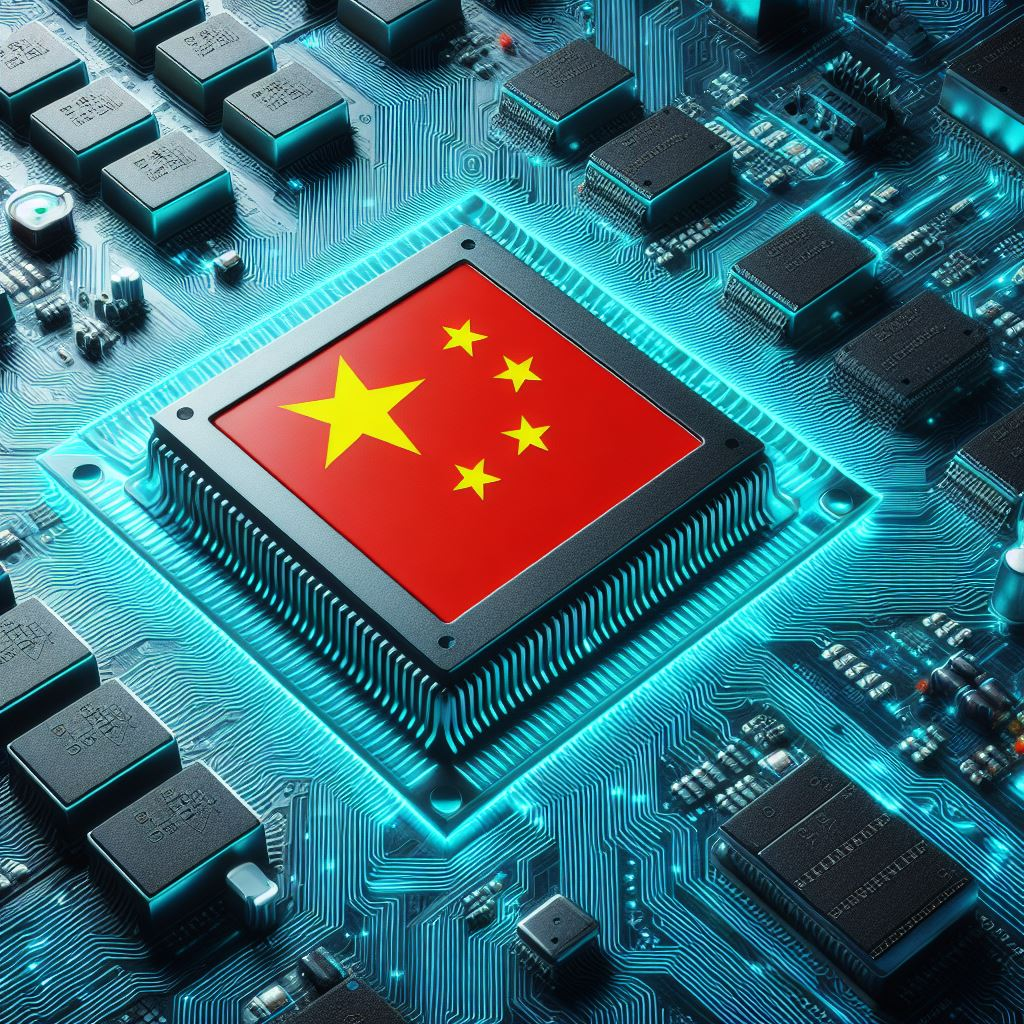China has ramped up its efforts to become self-sufficient in semiconductor technology by establishing a third state-backed investment fund worth $47.5 billion (344 billion yuan). This latest move highlights China’s intensifying focus on domestic chip production amidst ongoing tensions with the United States.
The newly established fund, known as the “Big Fund,” is the largest of the three phases launched since 2014. The significant investment signifies President Xi Jinping’s commitment to reducing China’s reliance on foreign chipmakers, particularly in light of recent US export controls targeting the sector. These controls, citing concerns over potential military applications, restrict China’s access to advanced chip technology.
The global demand for semiconductors, the tiny brains behind countless electronic devices, has skyrocketed in recent years. From smartphones and computers to automobiles and medical equipment, semiconductors play a critical role in modern technology. This surge in demand, coupled with supply chain disruptions caused by the pandemic, has created a global chip shortage. The shortage has impacted various industries, highlighting the strategic importance of domestic chip production for many countries.
China’s investment in its semiconductor sector is part of a broader global race. Governments around the world, including the US and the European Union, are also pouring resources into bolstering their domestic chip production capabilities. This race is driven by the recognition of semiconductors as a cornerstone of technological innovation and economic growth.
The success of China’s “Big Fund” remains to be seen. While the substantial investment signifies a significant commitment, analysts point out the challenges involved. These include attracting and retaining top talent, overcoming technological hurdles, and navigating the complex global chip market. Nevertheless, China’s latest move underscores the intensifying global competition for chip dominance in the 21st century.

